
Education ministry silent on status of document weeks before new school year starts
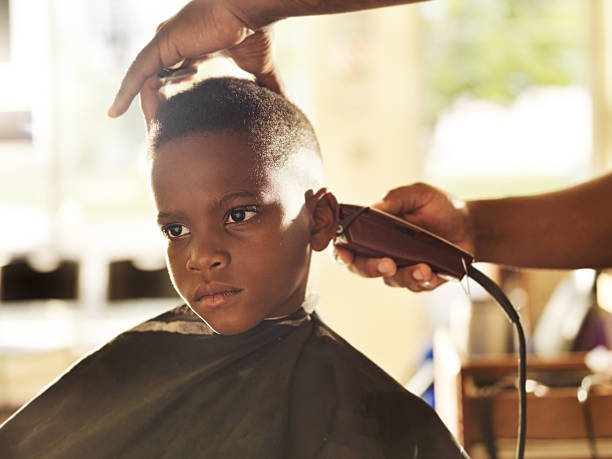
Just weeks before the start of a new school year, the Ministry of Education and Youth is still unable to give a timeframe for implementing the Student Dress and Grooming Policy to guide the actions of school administrators and students.
According to the education ministry, the Student Dress and Grooming Policy is intended to provide a framework for all public education institutions to develop their own student dress and grooming policy to fit their local situation but still promote good societal values without violating individual rights and laws.
But some two years after the education ministry put forward a draft policy to be reviewed by school administrators and deans of discipline before it is tabled in Parliament for approval, there is still no set timeline for its implementation.
No response was forthcoming from the Ministry of Education and Youth when Our Today contacted it to get an update on the current status of the grooming policy.
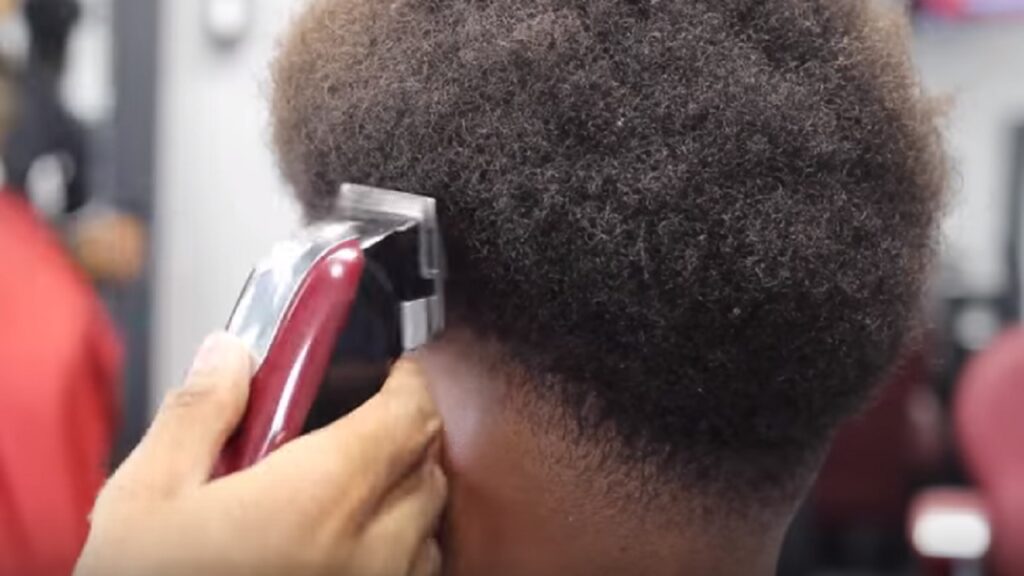
Reports of students being barred from entering schoolgrounds due to their school attire is still a concern for several advocacy groups and parents alike.
Just recently, a number of students from Kingston College were reportedly prohibited from entering the schoolgrounds because their hair was not properly groomed.
Jamaica’s Caribbean neighbour, Trinidad has moved to relax its school grooming policy to accommodate students with locs, plaits, twists, afros and corn-rows for the upcoming school year.
Despite public concerns surrounding reports of students being turned away from schools due to ‘subjective inappropriateness’ with their attire, there is still no guiding framework to protect the cultural rights of students while ensuring that they comply with the rules of public institutions.
The draft policy outlines eight guiding principles:
- equity, diversity and Inclusion in education
- respect for institutional identity, ethos and tradition
- school autonomy within defined limits
- affording school administrators flexibility to deal with local conditions
- balancing students’ rights with the operational requirements of schools
- teachers as role models for students and promoting positive values and attitudes
- the best interest of the children including safety, health and well-being both physical and physiological
- respect for inclusiveness
–Send feedback to [email protected]


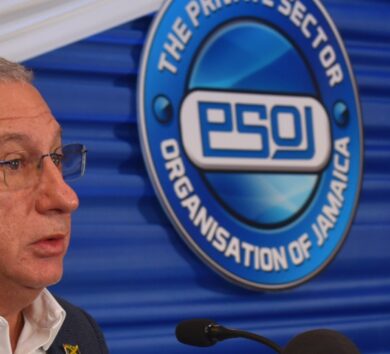

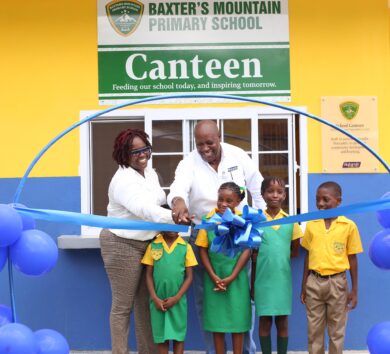

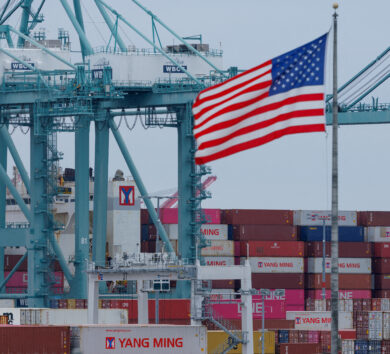
Comments